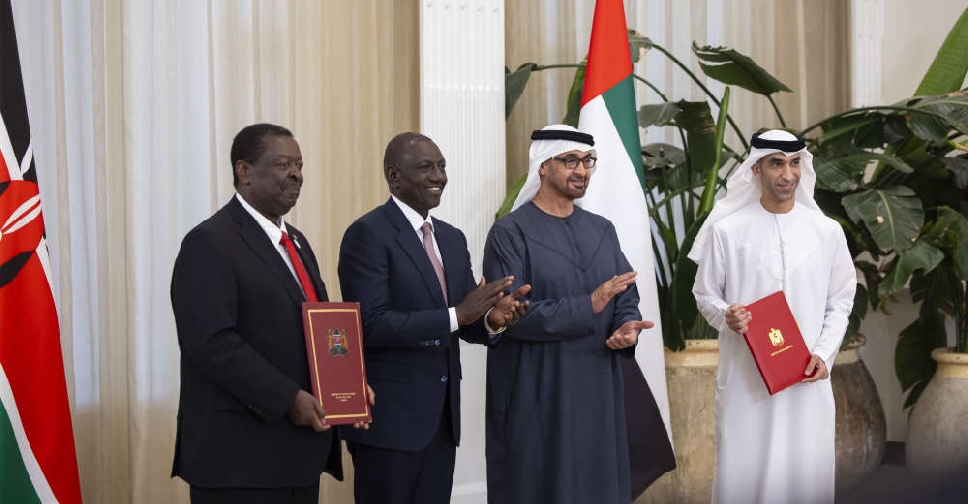
After Apple and Google removed video game "Fortnite" from their app stores for violating payment guidelines, developer Epic Games filed federal antitrust lawsuits challenging their rules.
Epic sued in US court seeking no money from Apple or Google, but rather injunctions that would end many of the companies' practices related to their app stores.
"Apple has become what it once railed against: the behemoth seeking to control markets, block competition, and stifle innovation. Apple is bigger, more powerful, more entrenched, and more pernicious than the monopolists of yesteryear," Epic said in its lawsuit, filed in the Northern District of California.
Epic also attacked Apple on social media, launching a campaign with the hashtag #FreeFortnite, urging players to seek refunds from Apple if they lose access to the game, and creating a parody of Apple's famous "1984" television ad.
Analysts believe games are the biggest contributor to spending inside the App Store, which is in turn the largest component of Apple's $46.3 billion-per-year services segment.
In a statement, Apple said Fortnite was removed because Epic had launched the payment feature with the "express intent of violating the App Store guidelines" after having had apps in the store for a decade.
"The fact that their (Epic) business interests now lead them to push for a special arrangement does not change the fact that these guidelines create a level playing field for all developers and make the store safe for all users," Apple said.
Google also removed "Fortnite" from its Play Store, but the company's spokesman Dan Jackson declined to comment on the lawsuit when contacted by Reuters.
"However, we welcome the opportunity to continue our discussions with Epic and bring Fortnite back to Google Play," he said in a statement. Jackson said Epic violated a rule requiring developers to use Google's in-app billing system for products within video games.
Epic's free-to-play battle-royal videogame "Fortnite" has reached massive popularity among young gamers since its launch in 2017, and competes with Tencent Holdings' "PlayerUnknown's Battlegrounds".
The title's removal from the App Store means that new players will not be able to download it and that existing players cannot receive updates, but the game should continue to work on devices where it is already installed.
Epic Games does not disclose how many iOS users "Fortnite" has. Many fans play the game primarily on PCs or gaming consoles while using their mobile phones as a backup, but iPhone users generate far more revenue for Epic.
In both Apple's App Store and Google's Play Store, "Fortnite" had about 2 million downloads in July 2020, according to mobile analytics firm SensorTower. But Apple users spent about $34 million while Android users spent only $2 million, according to SensorTower data.
Because Android functions differently from iOS, users can still download "Fortnite" from Epic's website and other non-Google stores such as the one run by Samsung Electronics Co Ltd and install it on their devices, Epic said in a blog post on Thursday.
"Epic is not seeking any monetary relief, but rather only an order enjoining Google from continuing to impose its anti-competitive conduct on the Android ecosystem," it said in its lawsuit.

 Ras Al Khaimah celebrates record-breaking tourism year in 2024
Ras Al Khaimah celebrates record-breaking tourism year in 2024
 UAE and Japan to strengthen space industry cooperation
UAE and Japan to strengthen space industry cooperation
 UAE and Kenya sign CEPA deal in Abu Dhabi
UAE and Kenya sign CEPA deal in Abu Dhabi
 UAE, Malaysia confirm CEPA to deepen trade, investment ties
UAE, Malaysia confirm CEPA to deepen trade, investment ties
 UAE, New Zealand CEPA formally signed
UAE, New Zealand CEPA formally signed




